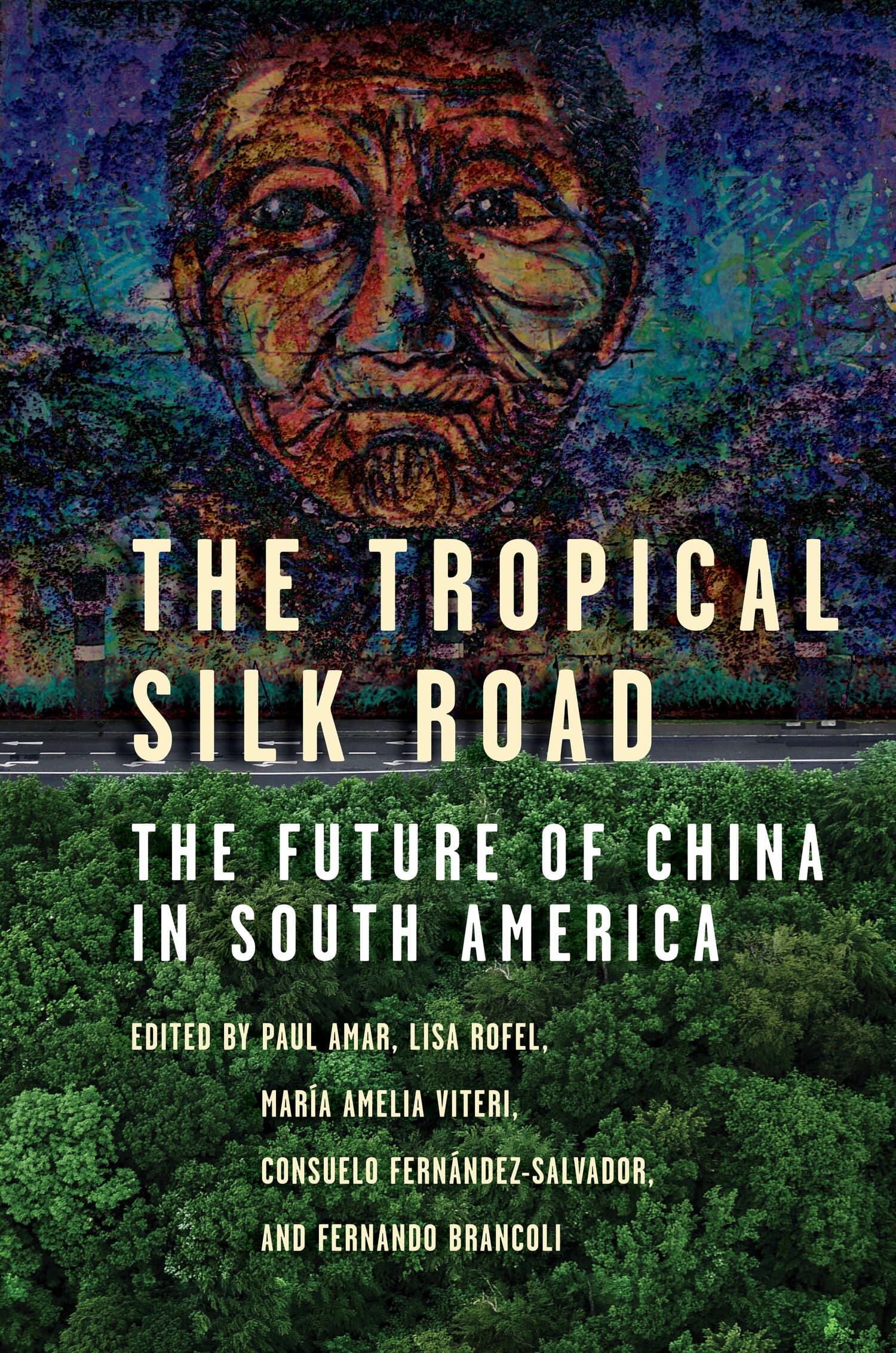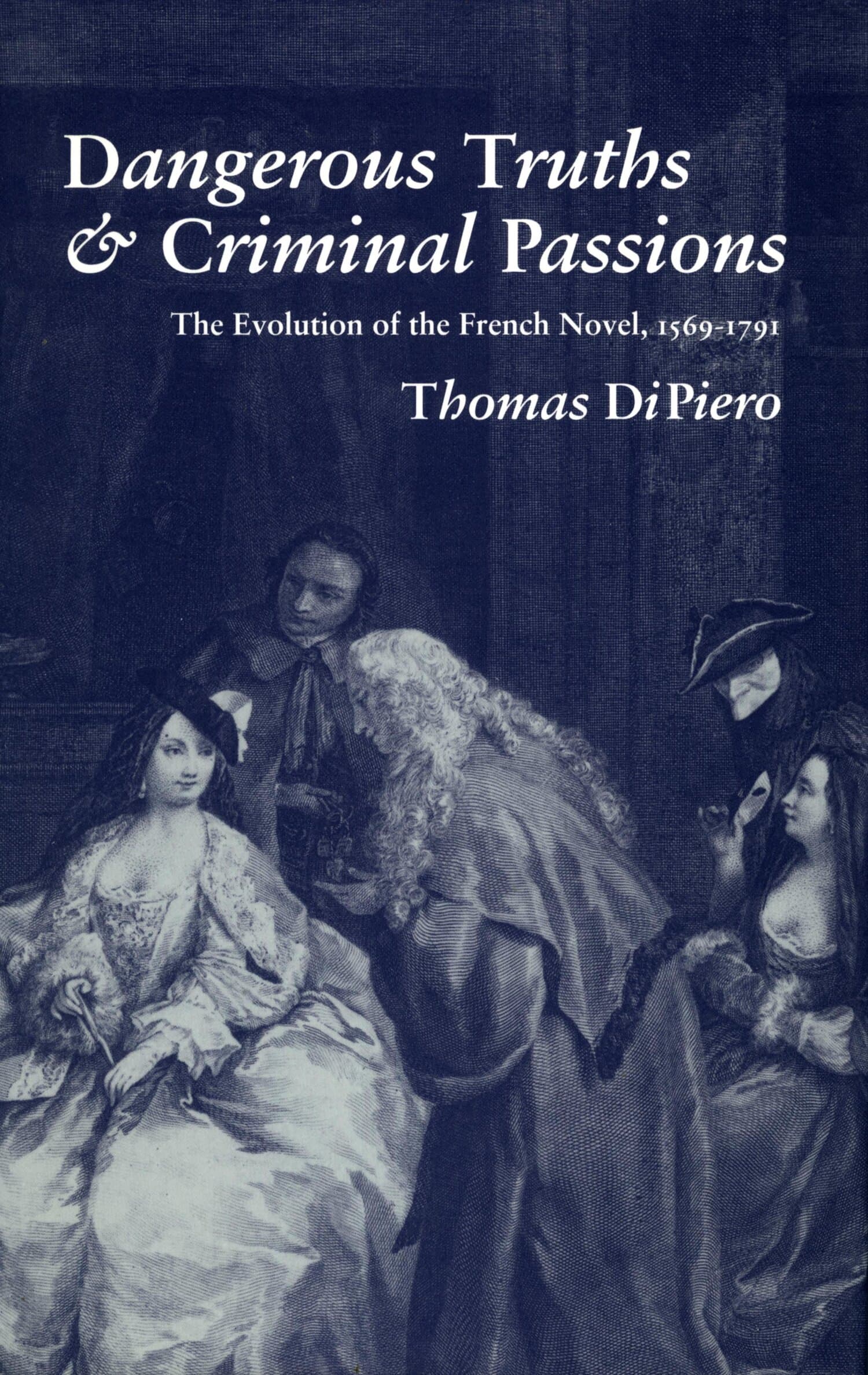Cartographies of Empire

The road novel is often dismissed as a mundane, nostalgic genre: Jack, Sal, and other tedious white men on the road trying to recapture an authentic youth and American past that never existed. Yet, new road novels appear every year, tackling unexpected questions and spanning new geographies, from Mexico, Brazil, Bulgaria, Palestine, Ukraine, and former-Yugoslavia. Why did the road novel emerge and why does it persist? What does it do and why has it traveled so widely?
Myka Tucker-Abramson draws from an archive of more than 140 global road novels from over twenty countries, challenging dominant conceptions of the road novel as primarily concerned with American experiences and subjectivities. Grounding her analysis in materialist theories of genre, world-ecology and commodity frontier frameworks, and post-45 American literary studies, Tucker-Abramson persuasively argues that the road novel is a genre specific to, coterminous with, and revealing of US hegemony's global trajectory. Shifting our focus from Americanness to the fraught geopolitics of US Empire, from the car to the built environment through which it moves, and from passengers to those left behind, Tucker-Abramson remaps the road novel, elucidating the genre's unique ability both to reveal the violent and vertiginous processes of capitalist modernization and to obfuscate these harsh truths through seductive narratives of individual success and failure.
—Harry Stecopoulos, University of Iowa
"Tucker-Abramson's theoretical antecedents enable her to cut through the global market's appearances. Cartographies of Empire, as the study both of a genre and of that genre's place in a political economy, is both exhaustive and likely to be unrivalled."
—Richard Godden, University of California, Irvine
"This book is an exhilarating tour de force that revolutionizes how we understand the road novel. Truly comparative in its world-literary scope, Tucker-Abramson's readings of form are electrifying, illuminating both the genre's intractable problems and its revelatory capacities."
—Sharae Deckard, University College Dublin




